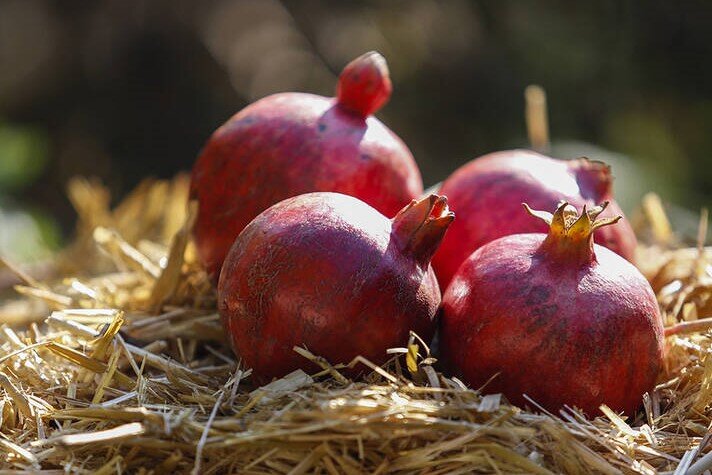First tourism farm to be launched in Qom

TEHRAN – The first-ever agritourism permit has been issued for Bidak farm in Qom province, a provincial tourism official has announced.
Such permits are granted to eligible farm owners in the country to launch agritourism businesses, aiming to set certain standards in a move to ensure the quality of such services in the country.
The farm, covering almost 20 hectares, is the first of its kind in the province, Alireza Arjmandi said on Thursday.
Pomegranate trees are the main part of the farm and harvesting in this farm is planned to be carried out by tourists, the official added.
When the farm becomes a tourist attraction in the region, eco-lodge units can be set up nearby to give travelers the chance to experience rural life, he explained.
Agritourism is a relatively new branch of the travel industry in which tourists stay with local people in rural areas. Farm/ranch recreation refers to activities conducted on private agricultural lands, which might include fee-hunting and fishing, overnight stays, educational activities, etc.
Experts believe that in addition to the customer services jobs, agritourism pays special attention to the production sector, saying agricultural tourism is much more important and practical than other branches of tourism because it creates a new chain and diversity in the field of production and services.
Agritourism and nature-tourism enterprises might include outdoor recreation (fishing, hunting, wildlife study, horseback riding), educational experiences (cannery tours, cooking classes, or tea or coffee tasting), entertainment (harvest festivals or barn dances), hospitality services (farm stays, guided tours, or outfitter services), and on-farm direct sales (u-pick operations or roadside stands).
Agritourism is a subset of a larger industry called rural tourism that includes resorts, off-site farmers' markets, non-profit agricultural tours, and other leisure and hospitality businesses that attract visitors to the countryside.
The country’s second-holiest city after Mashhad, Qom is home to both the magnificent shrine of Hazrat-e Masumeh (SA) and the major religious madrasas (schools).
Apart from sightseers and pilgrims who visit Qom to pay homage at the holy shrine, the city is also a top destination for Shiite scholars and students who come from across the world to learn Islamic studies at its madrasas and browse through eminent religious bookshops.
The city’s antiquity goes back to the Sassanid era (224 CE–651) and several historical mosques, mansions, and natural sceneries have been scattered across the city as well as towns and villages nearby.
ABU/AFM
Leave a Comment